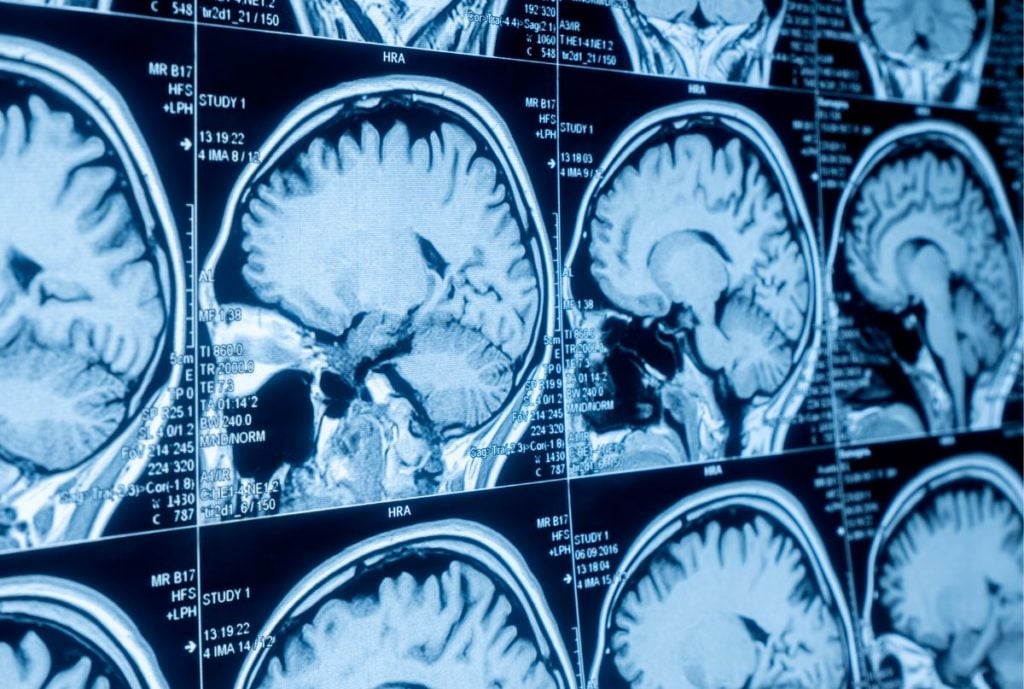
Dyslexia could be just a label, according to scientists, after a study of brain scans found there is little difference between how children with the condition think while trying to read and those who have a low IQ.
Historical view of dyslexia
Historically, the dyslexia label has been assigned to bright, even verbally articulate kids who struggle with reading — in short, whose high IQs mismatch their low reading scores. However, when children are not as bright, their reading troubles have been chalked up to their general intellectual limitations.
Now a new brain-imaging study challenges this understanding of dyslexia. “We found that children who are poor readers have the same brain difficulty in processing the sounds of language whether they have a high or low IQ,” said Massachusetts Institute of Technology neuroscientist John D. E. Gabrieli.
How the study was done
The study involved 131 children aged 7 to 16. According to a simple reading test and an IQ measure, each child was assigned to one of three groups — typical readers with typical IQs, poor readers with typical IQs, and poor readers with low IQs.
All the children were shown word pairs and asked whether they rhymed. Spellings didn’t indicate sound similarities. Using functional magnetic resonance imaging, or fMRI, the researchers observed the activity in six brain regions that connect print and sound.
Results of the study
Poor readers in both IQ groups showed significantly less brain activity in the observed areas than typical readers. But there was no difference in the brains of the poor readers, regardless of their IQs.
“These findings suggest the specific reading problem is the same whether or not you have strong cognitive abilities across the board,” said Gabrieli.
Impact of the results
The study could have a significant impact on both the diagnosis and education of poor readers. The revised definition of dyslexia proposed for the upcoming Diagnostic and Statistical Manual (DSM-V), psychiatry’s diagnostic bible, “currently lacks neurobiological evidence for the removal of ‘severe discrepancy’ [between IQ and reading ability],” said co-author Stanford’s Fumiko Hoeft. “Our study will be the first to provide such evidence.”
Meanwhile, educators commonly offer reading- and language-focused interventions to bright dyslexics to bring their reading up to the level of their expected achievement. But they may consider such specific remediation futile for less-“smart” children. If teachers understand that the same thing is happening in the brains of all poor readers, they may see that all those children could benefit from the same interventions. That’s good news for many kids since it’s hard to learn much if you can’t read.
Prof. John Stein, an Oxford University neuroscientist and founder of the Dyslexia Research Trust, dismissed the study.
.

